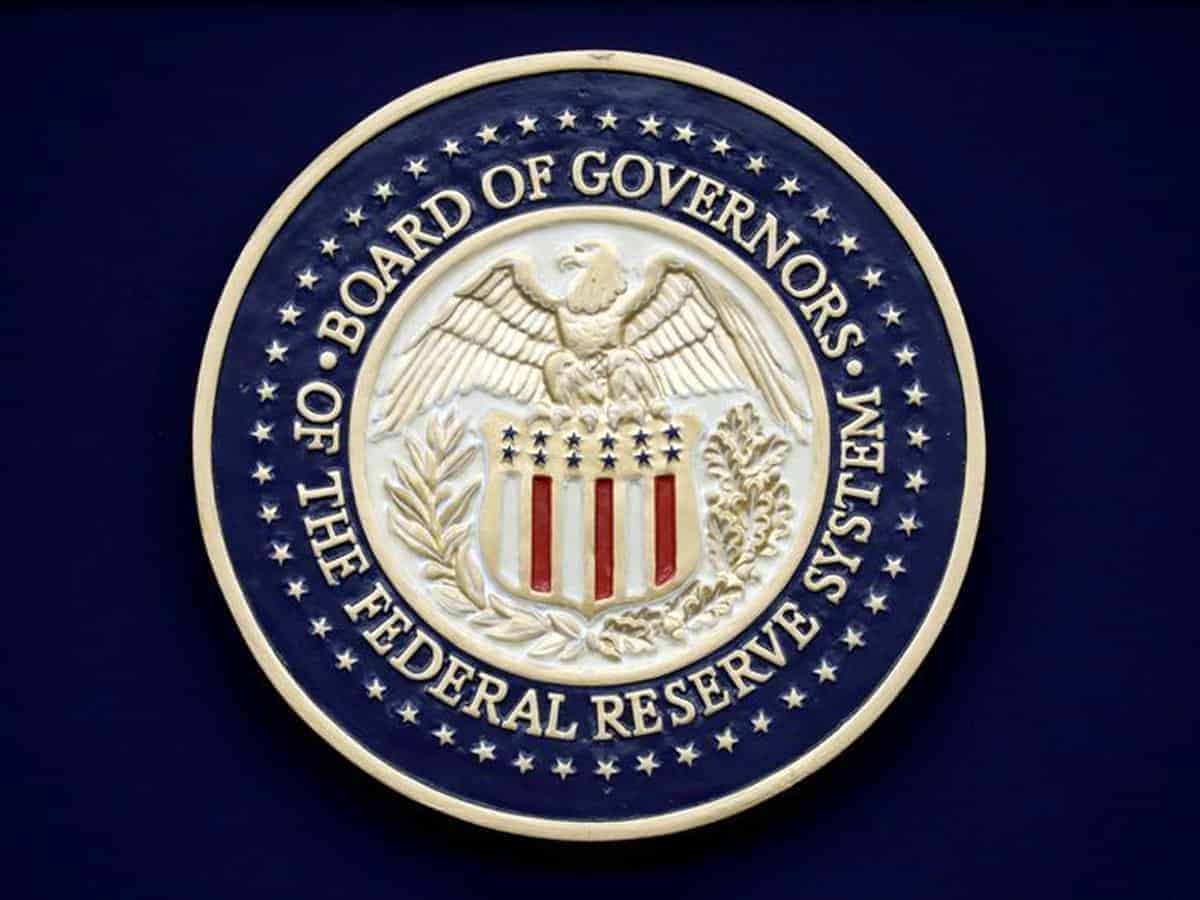Washington: The US economy, the world’s largest, which has been thrown into a recession due to the coronavirus pandemic, will rebound but the recovery could stretch through the end of next year, Federal Reserve Chairman Jerome Powell has said.
His statement came days after a top economic advisor to President Donald Trump favoured giving tax incentives to American companies to move their manufacturing units from China to the US, amidst a new rift in the bilateral relationship over Beijing’s handling of the coronavirus crisis.
The US has expressed disappointment over China’s handling of the COVID-19 which has claimed nearly 90,000 lives in America.
China, which is the world’s second largest economy, in the beginning of the year signed the Phase-1 of a trade deal with the US, ending a bitter two-year tariff war that had rattled the global economy.
Federal Reserve Chairman Powell, during a 60 Minutes programme on CBS News on Sunday, said that in the long run and even in the medium run, one would not want to bet against the American economy.
This economy will recover. And that means people will go back to work. Unemployment will get back down. We’ll get through this. It may take a while.
It may take a period of time. It could stretch through the end of next year. We really don’t know. We hope that it will be shorter than that, but no one really knows. What we can do is the part of it that we can control — is to be careful as businesses go back to work, he said.
And each of us individually and as a group take those measures that will protect ourselves and each other from the further spread of the virus, Powell said.
Observing that this is a time of great suffering and difficulty, Powell said that it has come on the Americans so quickly and with such force that one really cannot put into words the pain people are feeling and the uncertainty they are realising.
And it’s going to take a while for us to get back, he said.
Powell said there is a real risk that if people are out of work for long periods of time, their skills atrophy a little bit and they lose contact with the workforce.
This is something that shows up in the data — that longer and deeper recessions tend to leave behind damage to people’s careers. And that weighs on the economy going forward, he said.
You could say the same thing about businesses. The small and medium size businesses that are so important to this country, if they have to go through a wave of avoidable insolvencies, you’ve lost something there that’s more than just a few businesses.
It’s really the job creation machine. And if that happens, it will take some time to recover from it. I think the good news is that we have policies that can go some way toward minimising those effects. And that’s by keeping people and businesses out of insolvency just for maybe three or six more months while the health authorities do what they can do. We can buy time with that… that kind of support may be appropriate, he said.
Responding to a question, Powell said nobody knows on the level of unemployment that the country is going to face.
It seems as a reasonable base case that there will be more layoffs probably this month and next month. Twenty million people have lost their jobs in a period of really two months, he said.
And it’s heartbreaking because just two months ago we had the lowest unemployment in 50 years, the lowest African-American unemployment ever since we began measuring it, he added.
We had low- and moderate-income communities telling us that this was the best labour market, that you can finally see the benefits of what a tight labour market actually means. More opportunity. And it looked like we would continue to see that going forward for some time and further and further benefits, he said.
Assuming that the economy does begin to reopen and we do that successfully, you’ll see people going back to work, he said.
According to Powell, the good news is that the 20 million people who have been laid off report themselves as having been laid off temporarily. They are considered temporarily unemployed. And that is because they expect to go back to their old job.
If those businesses can reopen and if we can do it in a way that doesn’t create further problems with the virus, then people can go back to work. I would say the peak unemployment might be in the next couple of months. And then you might see it coming down over the second half of the year, he added.
More than 300,000 people have died due to the coronavirus pandemic and over 4.7 million people infected around the world. The US is the worst-hit country with nearly 90,000 deaths and over 1.4 million confirmed COVID-19 cases.

